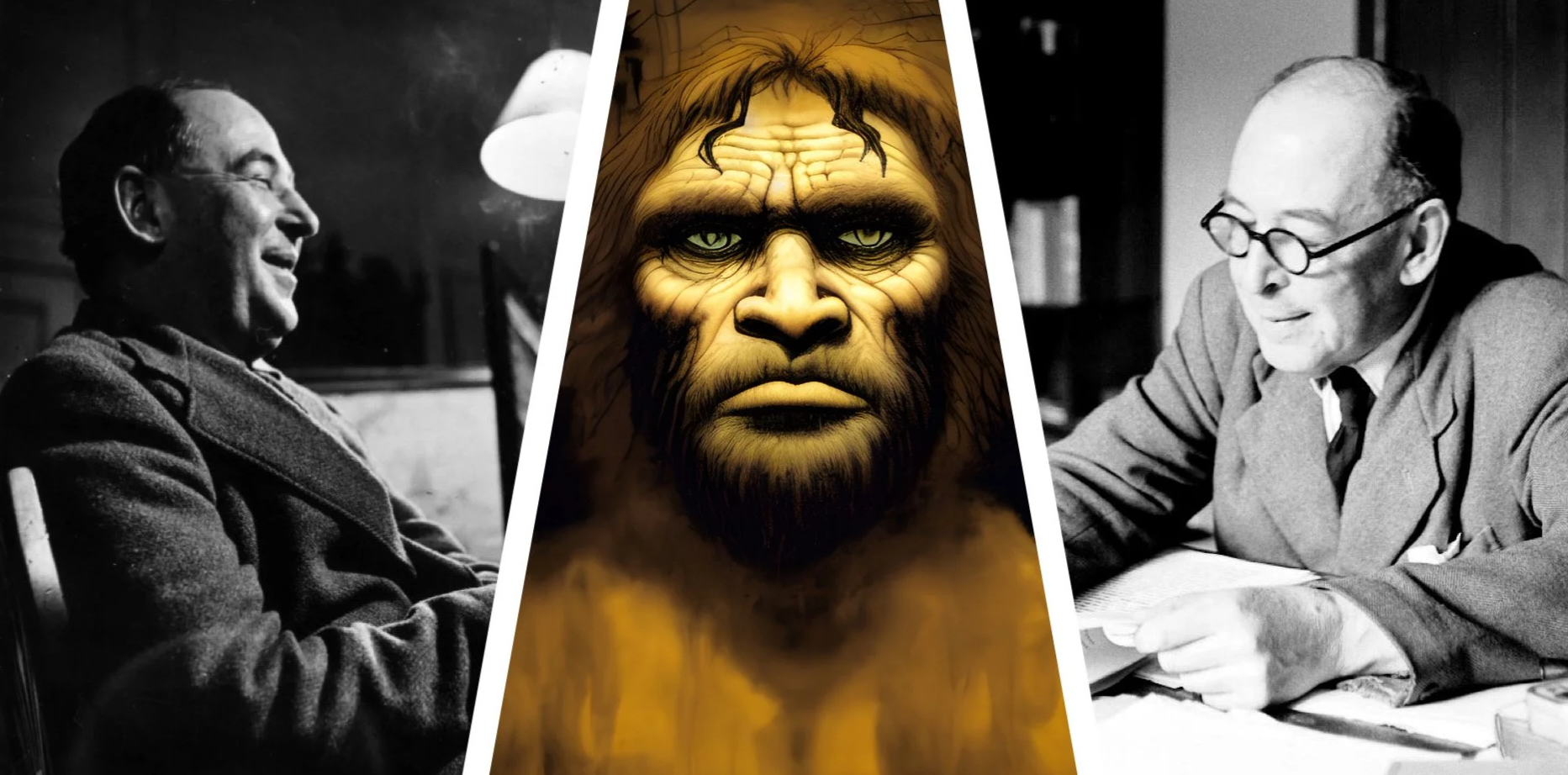Vastness, might, and self-destruction
/Near the end of Count Luna, Alexander Lernet-Holenia’s eerie postwar novella about an Austrian businessman who believes he is being stalked by a man he accidentally sent to a concentration camp, Lernet-Holenia includes a lengthy excursus on Rome, its history and especially its subterranean architecture, in the course of which he breaks out into this apostrophe:
O happy days of long ago when the city was still young! O early, rural Rome! Your sons, a sturdy race of peasant warriors, tilled their own ancestral soil; with their own hands, they yoked the oxen, and when the evening sun cast long shadows from the hills, they bore home on their own shoulders the wood from the forest. Food was simple, clothing plain, and people still honored the gods, the children their parents and the woman the man. Women did not paint their faces, nor did married people break their vows; friend did not betray friend. But when, on the pretext that all this was too rustic, too coarse, too old-fashioned, they strove to make everything bigger and better, their lives at once began to deteriorate. The more the nation’s power grew the more did its inner force diminish. The talons of the legions’ eagles might stretch to the borders of Latium, might hold all of Italy in their grasp, might reach out toward the ends of the earth; the city which had been built of clay and brick might clothe itself in gilded stone; the peaks of the Capitol might bristle with temples and pillars of Pentelic marble, with triumphal arches and bronze chariots with effigies of its own and conquered gods, with statues stolen from Greece, with the captured banners of foreign peoples and with countless trophies; but the moral decency, the strength of mind and of spirit, in short, the very qualities that had enabled the Romans to build up their vast empire, were destroyed by the vastness and the might of their own creation.
The key sentence, the hinge point in the story told here, comes near the middle, when the Romans themselves come to regard their own origins as “too rustic, too coarse, too old-fashioned.” This is the self-loathing oikophobia of new money enticed by old decadence and trendy ideas.* The moment they shift from the pious duty of preservation to a quest for improvement and raw power, their corruption has already begun. Their contempt for their own past means there can be no course correction.
In the end, success proves enervating and self-defeating, not simply by inviting logistical overextension and military defeat—the inadequate material explanations for Rome’s collapse—but for hollowing out the spiritual and moral qualities that had made the Romans successful in the first place.
Lernet-Holenia puts all this quite pithily, and though he is reflecting on the final collapse of the Roman Empire, the way he tells the story is strikingly similar to the argument of Cicero’s final, impromptu speech about the collapse of the Republic in my novella The Last Day of Marcus Tullius Cicero. Decline appears in many ages, but never in disguise.
I wrote Cicero nine years ago, mostly as a way to tell a story I find interesting and inspiring but also because some broad cultural trends were bothering me. A lot has changed since then but the circumstances that somewhat inspired it have only gotten worse. I stand by it.
For more on early Rome’s “sturdy race of peasant warriors,” see the Kenneth Minogue quotation here. And I didn’t post about it at the time, but I reviewed Lernet-Holenia’s haunting novella Baron Bagge at Miller’s Book Review last month. Check that out here.
* Sketch idea: A bunch of Romans from, say, the 2nd century AD protest a statue of Cincinnatus. A reporter interviews a pedagogue, who lays out how problematic the story of Cincinnatus is. His farm stood on land stolen from the Etruscans, and the Senate didn’t even allow women. In the studio, a panel of pundits expand the scope to condemn Scipio Africanus, Augustus, and both ends of the line of Brutus. While they fulminate against the ancients, a band of mustachioed Cherusci from the Praetorian Guard enter the studio and, well…









